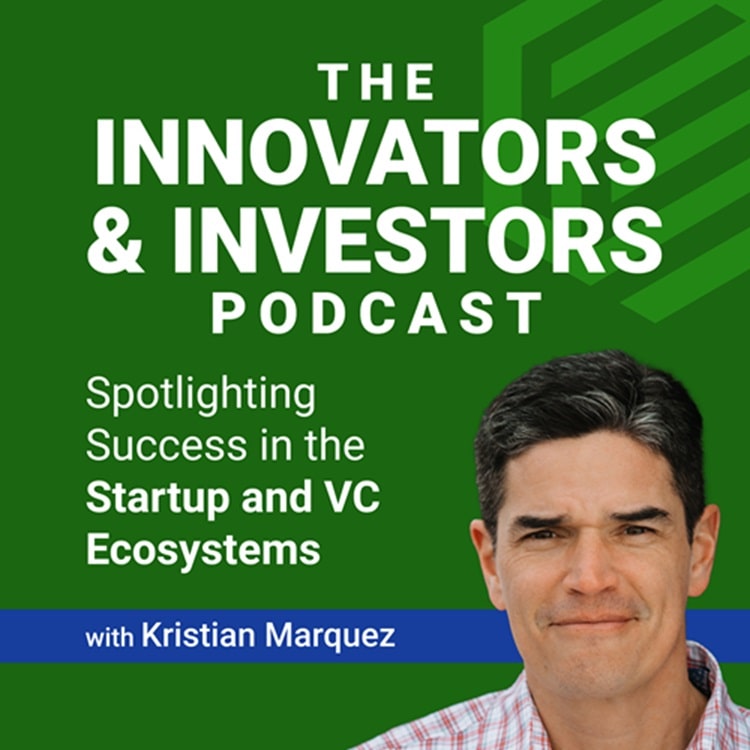Summary
In this informative webinar, Keith Harrington, co-founder and COO of Novel Capital, and Kristian Marquez, CEO and founder of FinStrat Management, discuss the nuances of raising capital for B2B SaaS businesses. They share their insights on the importance of due diligence from both a lender’s and a founder’s perspective, emphasizing the need for clean financials and a clear understanding of business metrics. Keith provides an overview of Novel Capital’s approach to providing non-dilutive capital while Christian offers a detailed explanation of FinStrat Management’s services that bridge the gap between founders and investors, making the fundraising process smoother. Key points include the differences between equity and debt financing, the role of benchmarks in evaluating business performance, and the importance of articulating unit economics when seeking investment. The discussion closes on the necessity for organized financials, investor readiness, and strategic growth planning.
Highlights
- Capital Landscape Awareness: Understanding the difference between equity and debt financing is crucial for successful fundraising.
- Due Diligence Essentials: Both quantitative and qualitative measures are vital for due diligence, including performance metrics and business fundamentals.
- Clean Financials Importance: Investors prioritize well-organized financial statements that accurately depict a company’s financial health.
- Navigating Growth Stages: Different stages of a company necessitate distinct approaches to fundraising and investor relations.
- Unit Economics Insight: Founders must clearly articulate their unit economics to provide investors with a transparent understanding of expected returns.
- Consistent Financial Reporting: Consistent application of financial categorization is crucial for maintaining investor trust and creating reliable projections.
- Risk vs. Return Focus: Investors assess both the potential upside and the associated risks of funding a startup, making awareness of risk management a necessity for founders.
Key Insights
- Understanding Investor Perspectives: Investors prioritize return on investment while also weighing risks. Founders should be able to articulate how their proposals balance these two aspects. Equally, they should demonstrate a dependable understanding of their operational risks, particularly in their financial forecasts.
- Clean Financials Cultivation: A significant takeaway is that before engaging with potential investors, businesses must ensure their financials are meticulously organized and transparent. Having reliable and up-to-date financial statements can significantly quicken the due diligence process, establishing a foundation of trust and reliability.
- Evolving Needs of Scaling Businesses: As companies grow, their financial systems and metrics should evolve in complexity. Failing to adapt financial practices and reporting to keep pace with growth can lead to significant challenges in fundraising, as investors expect to see metrics indicative of a mature, scalable business.
- Covenants and Collateral in Debt Financing: Unlike equity financing, debt financing often comes with stringent covenants and collateral requirements. Understanding these can help businesses prepare better when seeking loans, ensuring they present a compelling case to lenders.
- Performance Metrics Norms: Establishing benchmarks for various performance metrics is a key action point for founders. These benchmarks not only assist in setting targets but also play a crucial role during negotiations with investors, highlighting a company’s growth potential.
- The Value of Financial Models: Effective financial modeling can significantly assist companies in communicating their value propositions to investors. Founders should aim to develop robust financial models that can clearly showcase profitability and growth potential based on reliable data.
- Preparedness for Fundraising: Timing is critical; businesses in need of immediate cash flow should not enter the fundraising process unprepared. They should aim to raise capital for growth-oriented projects rather than to simply stabilize existing operations.
In sum, both Keith Harrington and Kristian Marquez emphasize the importance of preparation, transparency, and strategic insight in the fundraising process, highlighting critical success factors for startups seeking capital. Understanding investor motivations, maintaining solid financial reporting, and aligning capital raises with business growth ambitions form the crux of their recommendations for participants in today’s competitive fundraising landscape.
Stay up-to-date with Keith Harrington, Co-Founder and COO of Novel Capital



